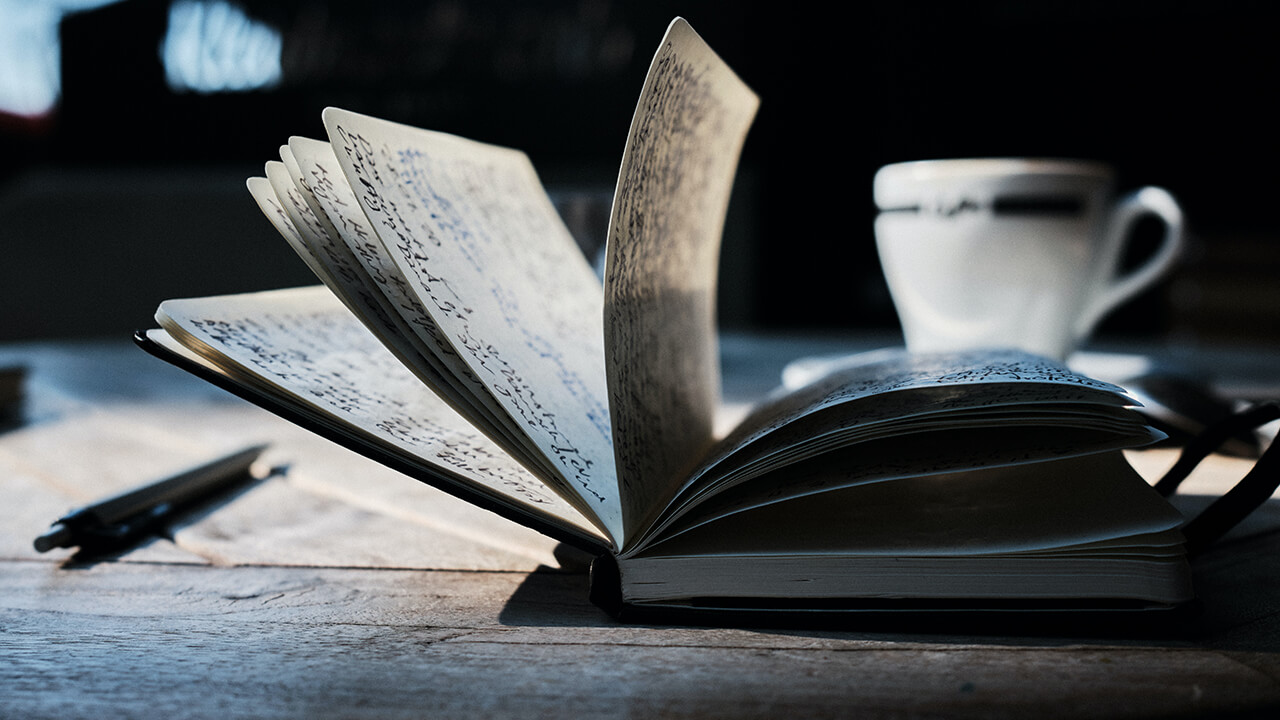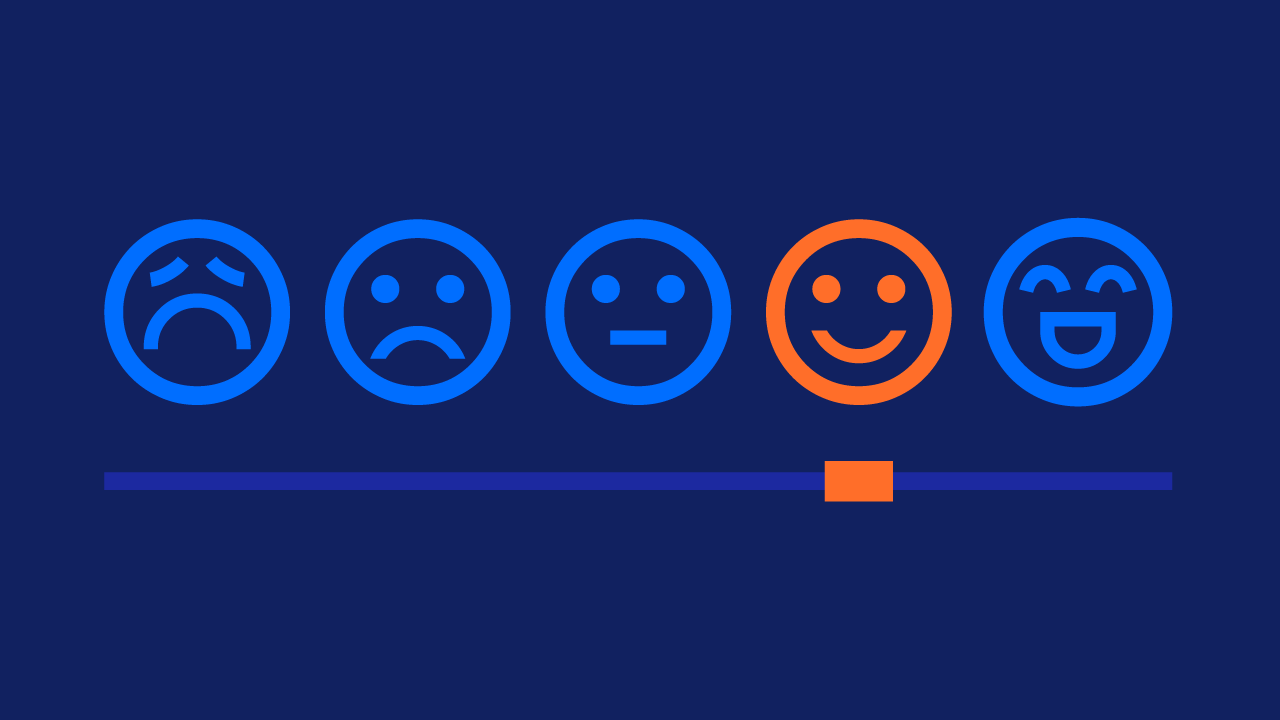I have been writing most of my life. I feel something is amiss if I don’t write, even if in most cases it will be buried away in a diary. I have learned some valuable lessons along the way and there are many still to be discovered. Here are the bad writing habits that I believe you should ditch in 2023, based on my sojourns into the world of writing.
1. Only writing when inspiration strikes
Inspiration is an ephemeral enigma. We may not be able to get a lot of writing done if we only write when we are feeling inspired.
I recently attended three writing workshops by writer Chelene Knight through the Toronto Public Library (TPL) and during one of them, she said she considers activities like painting, drawing, cooking, and reading as writing. She calls these activities “unstructured play” and considers it the first stage of writing, followed by drafting and revising.
Different writers have different ideas of what constitutes "writing time." I started writing for my personal blog in 2016, and back then, I had no concept of a writing routine. I only wrote if I had an idea. I used to wonder if I have nothing to write, how can I move forward? The dreaded writer’s block always seemed to be looming on the horizon. But ideas don’t make the writer; it comes down to the actual act of writing.
In 2023, let’s ditch the idea of waiting for inspiration to visit us and instead, build a regular writing practice. Decide what "writing time" is for you and construct a routine accordingly.
2. Being afraid of "junk" writing
We want the words to flow from our pen flawlessly onto the page. The thought that what we write won’t be perfect as soon as it moves from our mind onto a page puts the fear of God in some of us.
I read Julia Cameron’s seminal book – "The Artist’s Way" – last year. One of the two main components that she suggests to be an artist is called “Morning Pages.” It's three pages of longhand stream-of-consciousness writing, it doesn’t have to make sense. She suggests that this should be done first thing in the morning to unclog the brain and one shouldn’t stop until the three pages are done.
This gave me a wonderful idea: on the days I have nothing to write, I could create Morning Pages. It has turned out to be a rewarding process – I never have to worry whether or not I have anything to write!
I have enjoyed compiling the Morning Pages so much that now I can’t start the day without them. Most days, I write about the previous day and plan for the current day. I share my thoughts and emotions about situations and people. I let my hands type whatever they want. I dream and ideate. Morning Pages are my journal, therapy, writing practice, and brain-unclogging all rolled into one. They have been instrumental in helping me sustain a daily writing practice. I have found so many ideas in those pages – not just for writing but also for life.
So this year, stop undervaluing “junk” writing and instead embrace it as an important stepping stone to good, creative work.
3. Getting stuck in a writer’s pigeonhole
I have been writing long-form personal essays for my website for the last six years. I'm the one handling all stages of writing – from ideation to proofreading and publishing – and I love this arrangement. Having my own blog has given me an avenue to find out what my writing voice sounds like. But it has also been an obstacle as I am stuck in my own echo chamber with minimal outside input.
Last year, I decided to pitch my articles to magazines so that I could get a chance to work with an editor and receive feedback on my writing. I also joined a writing workshop so that I could study writing and learn new things about the craft. Apart from writing techniques, the workshop also taught me about the importance of peer reviews and the benefit of getting feedback on our work.
In 2023, I am challenging myself to write fiction and to use elements such as narration and scene. I have never written scenes (it scares me!) and although I sometimes doubt my ability to write them, I remember to tell myself that it's an art form and like any other art form, it needs polishing.
So in the new year, let’s ditch our comfort zones and find new writing challenges. Expose your work to some sunlight and push your boundaries. Get started with a few simple writing prompts.
4. Not investing in your craft
We make excuses to ourselves for not writing, but we also don't make it easier for ourselves when we avoid activities that would inspire us to write.
In 2022, I decided to do something about it and immersed myself in all things writing. The Toronto Public Library (TPL) has been a great partner in that endeavor. I read a couple of great books on writing – "Naked, Drunk, and Writing" and "20 Master Plots" – devoured every genre I felt like reading, and consumed a generous helping of magazines – from the New Yorker to Toronto Life.
I'd also recommend joining a writing circle in your area to keep yourself accountable for your progress and make new writer friends.
Some of the other activities I did last year to invest in improving my writing skills:
- I attended a number of TPL-hosted author talks – from Nicholas Sparks to Emma Donoghue – about their latest books. It was a great opportunity to learn about these titans' approach to writing. So, explore that local library and make it your closest friend. I know Toronto Public Library is mine!
- I started learning improv. I felt that it would help me be more aware of my emotions and better harness them for my writing. I highly recommend going on a “yes, and” journey. Just like the Morning Pages, it can lead to new perspectives and breakthroughs. I've decided to take stand-up classes this year along with continuing my improv journey.
Just surrounding yourself with all things writing-related can motivate you to write and practice the art.
5. Not living life
The poet Mary Oliver asks, “Tell me, what is it you plan to do with your one wild and precious life?” Writers can find a potential answer in Stephen King's "On Writing." King says, "Put your desk in the corner, and every time you sit down there to write, remind yourself why it isn’t in the middle of the room. Life isn’t a support-system for art. It’s the other way around.”
To paraphrase, living life is the fodder for good writing and it's important for us to keep our creative juices flowing.
According to "The Artist’s Way," the companion activity to Morning Pages is an Artist Date, a weekly outing that an artist should take and experience anything they enjoy – whether it be a comedy show, a movie, or a walk in the park, for example.
So live life – go out, hang out with friends or spend peaceful time alone, and enjoy different art forms.
Last year, I went to the ballet, improv shows, sketch comedies at Second City, a Dua Lipa concert, and a stream of movies at the Toronto International Film Festival. I also took long walks through the Toronto ravines, cycled throughout the city, went swimming in the summer, and just lived life. All this became fodder for my blog post about things I love about Toronto.
I am also working on building a meditation practice to help me stay present in each moment. There is a tendency to be stuck in the past or floating in the future while hardly noticing the present moment. We need to be aware of the present as it provides important input for our writing, so find a mindfulness app or a group near you.
A full life can inspire one to write, keeping that pesky writer’s block from becoming an issue.
6. Not experimenting with different mediums
I had never written LinkedIn posts before moving to Canada almost two years ago. My employment consultant encouraged me to give the platform a try and gradually, I started sharing my job-search journey there. It was a great way to feel connected to people in my network and to feel supported in what can be a lonely, long journey. It also opened up my mind to try out different mediums for my writing.
It's no longer the 19 century. We don’t need permission from gatekeepers to share our words with the world. We can get creative and utilize the many mediums at our fingertips to get our message out there.
But being a LinkedIn writer is very different from being an Insta poet, so it's important to find your perfect medium. Greg Mckeown, the best-selling writer of "Essentialism," tested out his ideas as Twitter posts first and then as blog posts to see what his readers were interested in. Then, based on that feedback, he wrote the book. It was an eye-opening idea – not going through the traditional process of book publishing while flying blind about what is relevant to the audience.
This year, experiment with different mediums and see which one carries your message the best to the intended audience.
7. Not understanding your writing platform
I had been writing on WordPress for close to four years when the platform overhauled its editor. I was used to the old editor and this felt like a mighty inconvenience. While I was tempted to opt for the old editor, I realized the new version had many useful new features. So I felt it was time to make an effort. Since the launch of the updated editor, every article I've written with it has presented a new challenge that resulted in me learning something new. For example, I've learned how to nest lists, how to arrange images in the most impactful way, and more. And there's still much more to learn.
Knowing and understanding your medium is important as it ensures you get your story across in the most compelling way. So in the new year, ditch the habit of shying away from the medium by thinking it's too complex, unnecessary, or too fancy for a writer. Maybe even boost your knowledge in coding to help translate complex data for your readers.
Let’s give our words the best chance of finding their audience.
8. Not calling yourself a writer
I have been writing since my early teens – mostly for myself in private diaries – and even after starting my blog in 2016, I didn't have the courage to call myself a writer in front of the world. I thought of myself as an “aspiring writer” with the vague idea that I could only call myself a writer once someone thought the writing was strong enough to pay for it.
I was woken from this stupor by a friend who told me one day, “You write, hence you are a writer. You don’t need validation from anyone to say you are a writer.” It’s not just me. Many others, especially women, have this reluctance to accept truths about themselves if they don’t have the endorsement of the world. We fear ridicule not only from other people but also from ourselves – who am I to call myself a writer?
If you write, you are a writer. Proclaim it, own it, and be accountable to yourself. Wherever writing takes you – whether it's paid opportunities or a hobby – will look different for each one of us.
Make 2023 the year to accept and unleash your creative side.
See the original post on Beyond Bylines.







